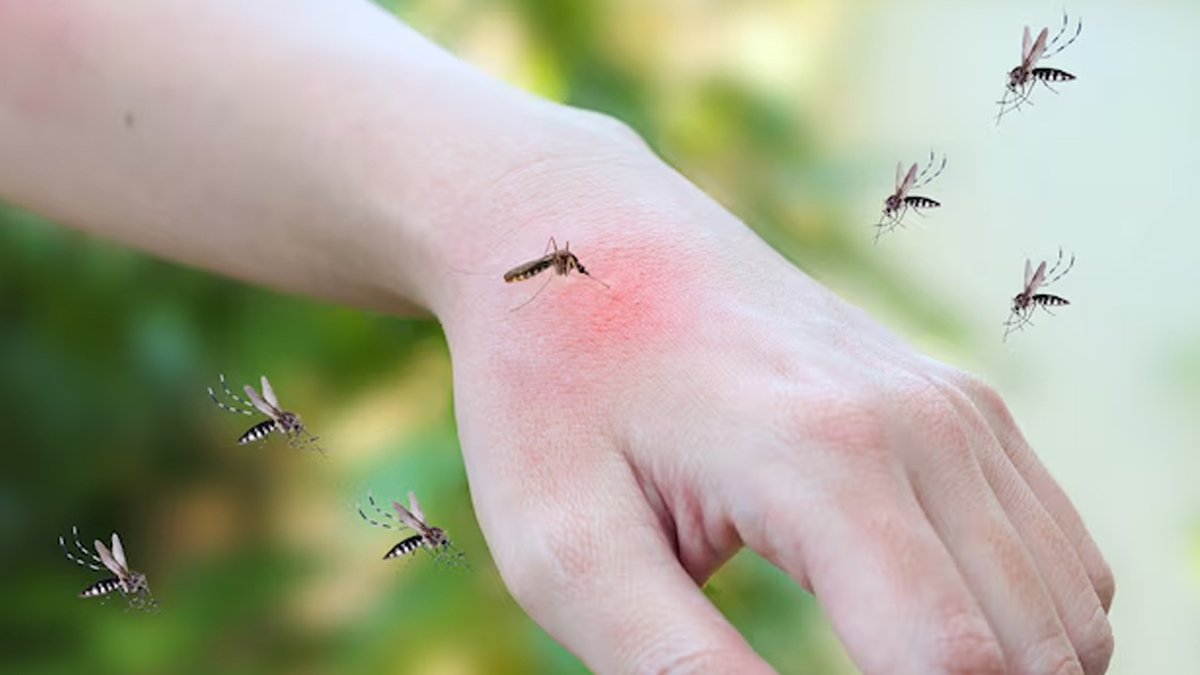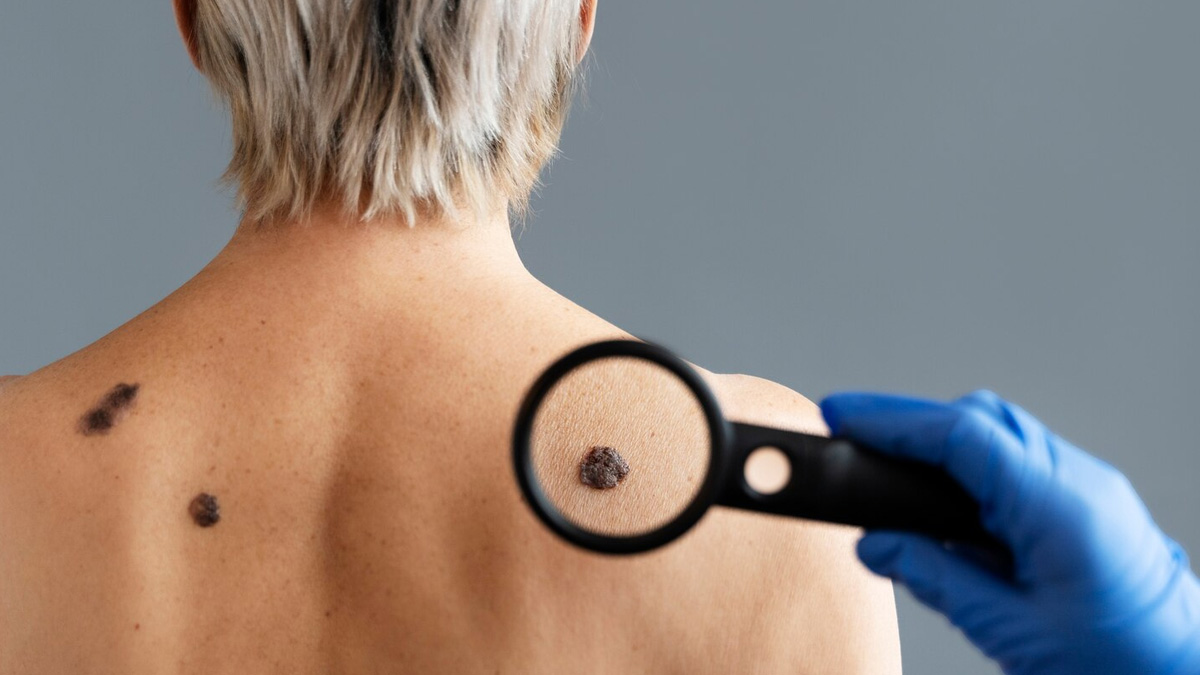
Your skin is the largest organ in the body, which is why it risks exposure to various external factors, including pathogens from bites, UV radiation, chemicals, and physical injuries.
Mosquito bites are one of the most common insect bites worldwide, causing itchy, red, and swollen bumps on the skin. While most are benign, some bites can lead to mosquito-borne illnesses like dengue and chikungunya. As worrisome as these infections can be, it is even riskier to confuse something as life-threatening as a melanoma, a type of skin cancer, for a simple mosquito bite.
Table of Content:-
To be able to distinguish between the two is extremely important so as to receive appropriate and timely treatment.
Also Read: Travelling Abroad? Do THESE 7 Things To Steer Clear From Chikungunya Virus
Can Mosquito Bites Mimic Skin Cancer Symptoms?

According to Dr Bhawuk Dhir, Consultant Dermatologist, PSRI Hospital, Delhi, most people brush off a mosquito bite as a temporary irritation. However, did you know that sometimes a mosquito bite can resemble skin cancer? "Both [mosquito bites and melanoma] can appear as small, red, raised, or irritated spots on the skin," says Dr Dhir, adding that if a mosquito bite doesn’t heal quickly, repeated scratching may cause scabbing, bleeding, or dark marks – changes that can make it look very similar to certain skin cancers, including basal cell carcinoma or even early melanoma.
Melanoma is a serious type of skin cancer that develops from melanocytes, the cells that produce melanin. It can appear anywhere on the body, including mucous membranes and, rarely, in other areas like the eye or intestines.
How To Identify Melanoma

According to the World Health Organisation's (WHO) International Agency for Research on Cancer (IARC), skin cancers are the most common group of cancers diagnosed worldwide, with more than 10.5 lakh new cases estimated in 2022. In 2022, an estimated 3.3 lakh new cases of melanoma were diagnosed worldwide, and almost 60,000 people died from the disease.
As per experts, early detection is key when it comes to skin cancer and melanoma. Therefore, overlooking the signs or mistaking them for other factors like mosquito bites only delays diagnosis.
“The important distinction is that mosquito bites usually appear suddenly, itch, and tend to settle within days to weeks. In contrast, cancerous lesions do not resolve and instead slowly evolve with time,” explains Dr Dhir.
Additionally, any mark on the skin that does not heal in the expected timeframe deserves a closer look. Warning signs include:
- A sore that repeatedly bleeds, crusts, or scabs
- A mole or spot that changes in size, shape, or colour
- A growth that looks noticeably different from your other moles or freckles
- Lesions that appear shiny, waxy, or irregular at the edges or show multiple colours
- Persistent itching, pain, or ulceration are further red flags.
Why Catching Melanoma Early Matters
According to Dr Dhir, melanoma is the most aggressive type of skin cancer. "Caught early, it can often be treated with a simple surgical removal. But if diagnosed late, it may spread to other organs, making treatment more difficult and outcomes less favourable," he emphasises.
Early detection not only saves lives but also allows for less invasive treatment, preserving both health and quality of life.
Also Read: Fact Check: Does Garlic Work As A Mosquito Repellent?
How Can Dermatologists Help Spot Skin Cancer?

Doctors often use the ABCDE rule to evaluate suspicious lesions:
- A – Asymmetry: One half doesn’t match the other.
- B – Border: Irregular, blurred, or jagged edges.
- C – Colour: Multiple shades such as brown, black, red, or blue.
- D – Diameter: Larger than 6mm, though melanomas can be smaller.
- E – Evolving: Any change in size, shape, or colour over time.
When Should You See A Dermatologist?
It is important to note that mosquito bites typically fade over time, whereas a cancerous lesion evolves. Therefore, if you notice a skin spot that lasts more than two to three weeks without healing, especially if it is enlarging, changing, bleeding, or looks unusual, it is best not to dismiss it, Dr Dhir stresses.
Those with fair skin, high sun exposure, or a personal/family history of skin cancer should be extra cautious.
“When in doubt, seek a dermatologist’s opinion. A short consultation can either put your mind at ease or lead to timely treatment—both outcomes are far better than waiting too long,” he concludes.
Also watch this video
How we keep this article up to date:
We work with experts and keep a close eye on the latest in health and wellness. Whenever there is a new research or helpful information, we update our articles with accurate and useful advice.
Current Version